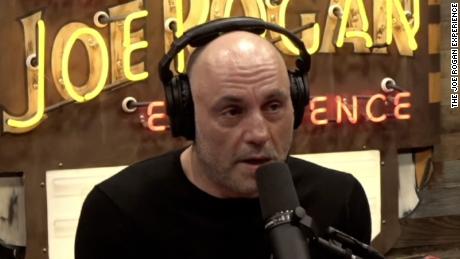Since the murder of George Floyd sparked mass protests across the country, many conservatives have responded by appealing to White Americans’ fear and suggesting that collective efforts to address systemic injustice are anti-White.
But this is the big lie White supremacy has always told to sustain itself, and history shows the fight for equality is not a zero-sum game. Americans must learn Black history if for no other reason than to understand that Black political power has been good news for many White Americans.
Following the ratification of the 15th Amendment in 1870, voter turnout among eligible African American men exceeded 80% in some parts of the country. Over the next two decades, Black communities exercised political power for the first time in US history and formed fusion coalitions with white Populists across the South, rallying behind issues such as education and voting rights.
This political revolution contributed to the emergence of universal public education in the South, which benefitted former slaves as well as poor White people — two groups that did not previously have access to schooling. As a result, generations of White Americans have enjoyed the economic benefits of education because of the political action of Black people in the late 19th century.
Though coalitions of Republicans and Populists were violently attacked by White supremacists, the 20th century’s civil rights movement took the lessons from the Reconstruction era and put them into practice. When Martin Luther King Jr. spoke at the end of the Selma-to-Montgomery march for voting rights in 1965, parts of his speech sounded like a Black history lesson on fusion politics. King recounted the coming together of Black and White voters at the end of Reconstruction and told an integrated crowd of 25,000 in front of the Alabama state capitol, “The threat of the free exercise of the ballot by the Negro and the White masses alike resulted in the establishment of a segregated society.”
If you know Black history, he suggested, you know that Black people’s fight for voting rights wasn’t only for them. It was about reviving democracy for all people — including the poor White people who had been sold out by the Southern aristocracy.
While America needs this kind of Black history taught in our classrooms, we’ve also seen how powerful it can be when people of different races come together in their daily lives to work toward the common goal of justice.
We know because we’ve seen it play out in our own lives. A quarter century ago, we were neighbors in the same state, pitted against one another by a history of racism and the divide-and-conquer tactics of the late 20th century’s culture wars. But North Carolina’s contemporary moral fusion movement brought us together by highlighting the shared challenges of economic hardship amid growing inequality, undoing the messaging from religious nationalism that separated White Southerners like Jonathan from Black neighbors like William.
Since 2018, we have worked together in the new Poor People’s Campaign: A National Call for Moral Revival to connect with modern-day fusion movements across the country and build power for poor and low-income people. From urban centers where low wage workers of every race are organizing with local clergy, to Appalachia, where White and Black neighbors are finding common cause “from the hood to the holler,” we see the “big lie” — that acknowledging and grappling with Black history is somehow anti-White — being dispelled by experience.
When Black people have political power and exercise it with their poor White, Latino, Asian and Native neighbors, they are able to elect representatives who will fight for living wages, universal access to health care, affordable housing and policies that protect the planet. We have won local struggles to stop evictions, end harmful fossil fuel expansions and guarantee a living wage in cities and states. As the filibuster in the US Senate continues to block meaningful federal legislation, we are mobilizing with our partners across the country for a Mass Poor People’s and Low Wage Workers Assembly in Washington, DC, on June 18 this year.
We cannot allow reactionary campaigns against critical race theory to frame Black history as a threat to White Americans. Though poverty disproportionately hurts communities of color in the United States, more White women are living in poverty than any other demographic in the country. Black history helps us see that it doesn’t have to be this way.
When Black people have fought for the promises of democracy, all Americans have benefited. If it were not true, then the narrow interests committed to dividing us for their benefit would not be investing so much money in their anti-CRT campaigns.






